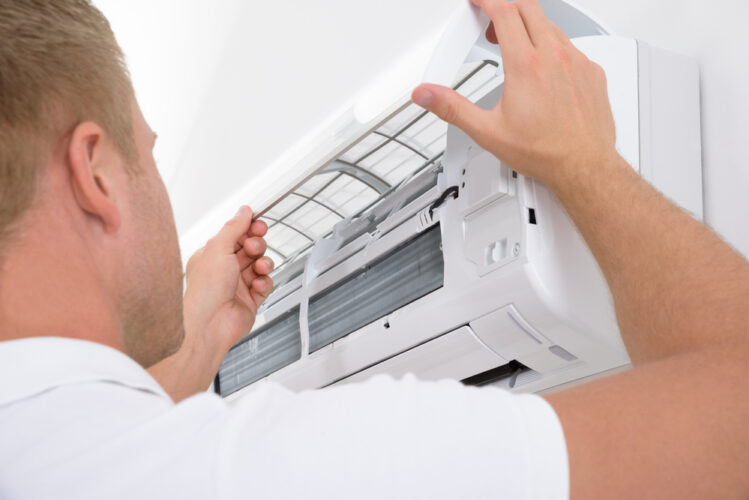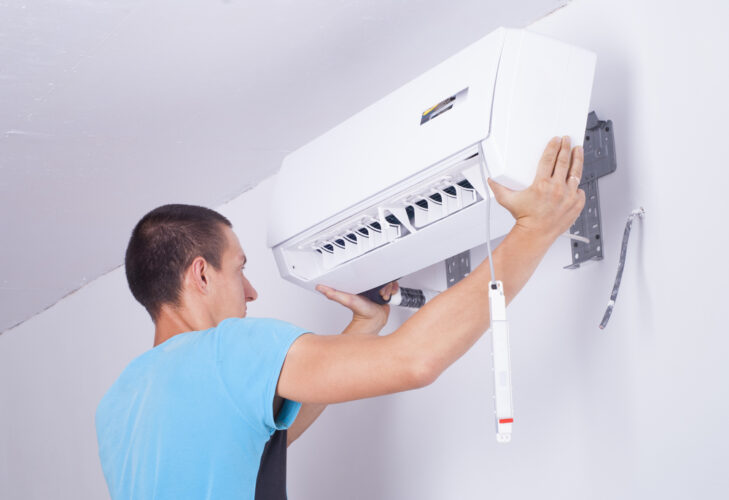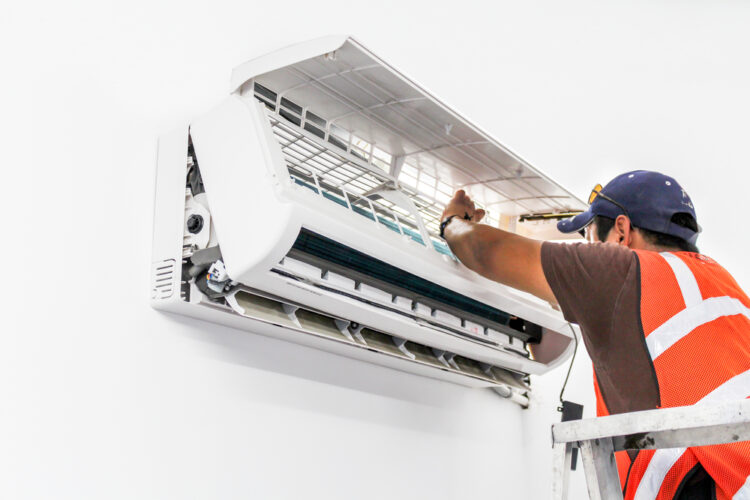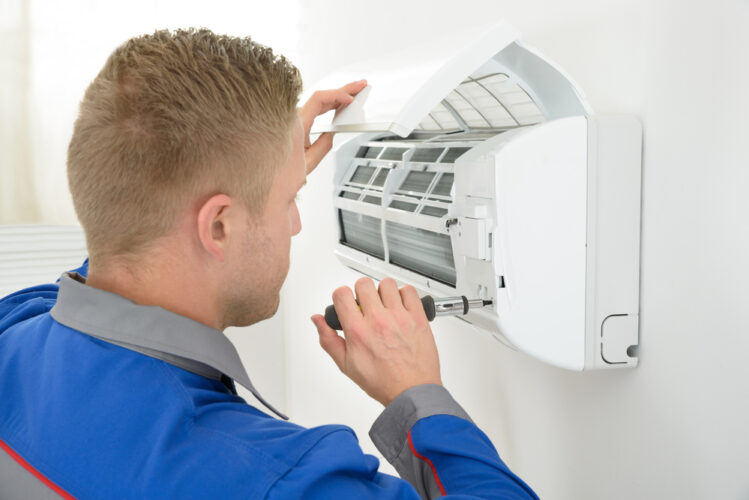All homes need sound AC systems. A good air conditioning system will make your indoor home environment habitable.

Most American homes today have air conditioning systems. It is, therefore, reasonable to understand how to troubleshoot potential problems.
Many of these AC systems experience common errors. It is possible to wake up to an AC that does not work despite leaving it in pristine condition the night before.
If you are like me, you won’t wait long for the HVAC technician to arrive. Instead, you will try to find a practical solution to resolve the issue as you wait.
Below are potential reasons why your AC may fail to start. Your best shot is to try identifying a cause and applying a remedy.
Call the air conditioning professional only when all your efforts prove fruitless.
Top Reasons for Air Conditioner Failure and Problems

Like all machines, the AC does not stop from the blues. Chances are that some subtle signs and indicators went unnoticed until it was too late to act.
As a smart homeowner, you should be familiar with all gadgets and appliances in your home. A sound, smell, or behavior that seems off the norm can be your first signal.
However, even if you missed some tell-tell signs, most causes are easy to fix.
Case of Low Refrigerant
Your AC relies on refrigerant to eliminate the humidity and heat in your home. Cooling is affected when the refrigerant runs low due to leaks in the refrigerant lines.
Fixing this issue is a bit complex since you need professional assistance. Simply replacing the refrigerant won’t cut it. The HVAC technician must locate all leaks and repair them before adding refrigerant.
Unfortunately, this requires special skills and tools that untrained homeowners lack. Moreover, it takes time and effort; hence it’s best left to the pros.
Evaporator Coils Freezing
The AC’s evaporator coils carry the refrigerant that keeps the air in your home cool. These coils work efficiently only when warm air circulates close to them.
Any airflow changes can lead to the coils getting too cold. When this happens, the coils suffer from ice build-up on the outer layer.
The AC will fail to work normally. The best you can get is warm air blowing from the AC or no air coming out of it.
Ensure that air circulation around the evaporator coils remains optimal.
Your AC’s Condenser Coils are Too Dirty
The AC’s condenser coils are a significant part of the AC’s outside unit. They help eliminate heat by expelling the hot air outside the house/ building.
Unfortunately, due to their location, coils may accumulate grime, grease, and dirt. This prevents proper cooling as heat transfer becomes much more difficult.
Usually, the unit has to work harder than it should. This, in turn, triggers faster wear and regular system failure.
Such struggles happen in areas with high pollution rates. Homeowners should watch out and prevent debris accumulation around ACs.
Fan Issues

All ACs have fans that blow over the evaporator coils to cool the air. Another fan blows air over the condenser outside to expel the hot air from inside the building.
It can be problematic when either fan fails or works dismally. Potential causes often include:
- Faulty motor
- Excessive dirt and debris accumulation
- Worn belts
- Lack of lubrication
These potential fan failure triggers lead to air circulation issues. Consequently, they cause poor airflow, which hampers the air conditioning process.
Ignoring this issue leads to further AC damage. In the worst-case scenario, your AC may develop compressor failure. This often renders the unit dead.
Ducts Leak
Most AC systems have ductwork running through a home’s ceilings and walls. These ducts carry cool air from the AC unit to other areas.
Any punctures or holes in the ducts interfere with cool air circulation. Most of the cooled air ends up wasted along the way. Your AC will then overwork to compensate, which leads to increased energy bills.
Problematic Thermostats
Every AC receives instructions from the thermostat. Improper calibration sends wrong information to the control system, hence poor cooling. Dial thermostats in old ACs struggle with this issue more.
This is easy to fix as you need to re-calibrate the thermostat. If possible, change the old dial thermostat to a smart one that you can control remotely.
Such thermostats are efficient and help with real-time AC regulation. What’s more, they are programmable and easy to set in advance.
Drain Clogs
Every time your AC gets rid of moisture from your space, it channels it somewhere. The water comes out through the drain line opening into a pan before it eventually drains out.
It is possible for the water to back up into the AC unit and cause serious issues. This happens when the drain line clogs or the pan fills up and fails to drain.
Sometimes the water leaks and causes wall, furnishing, and ceiling damage.
When ignored, this issue escalates and causes the growth of mold.
Possible AC Failure Fixes

Some of the problems mentioned above have multiple fixes. I have suggested a few practical solutions that require no special tools or skills:
- Replacing dirt air filters. This will fix airflow issues that cause condenser coils to freeze.
- Inspecting ducts and repairing them. Have HVAC experts inspect your ducts if your energy bills keep surging. It also applies if the registers seem to have very little air.
- Installing a programmable thermostat. This fixes the issue of improper calibration. It may also save energy since the precise setting prevents wastage.
- Clearing the area around your outdoor unit. This unclogs the outdoor condenser coils and fixes the air circulation issue. Your unit won’t strain after this.
- Regular HVAC Maintenance. Routine professional checks prolong the AC’s lifespan. Problems are caught and fixed quickly.
Readers Also Ask
What would cause the air conditioner not to work correctly?
The causes are diverse and multiple, but most relate to airflow hindrances.
How do I get my AC to work again?
Experts advise on ensuring the AC airflow is intact. Depending on the issue, you may also need to clean, replace, and repair some parts.
Can you repair the AC Yourself?
In most cases, HVAC professionals are more suited for repairs. You can handle minor challenges such as filter changes and getting rid of debris and clogs.